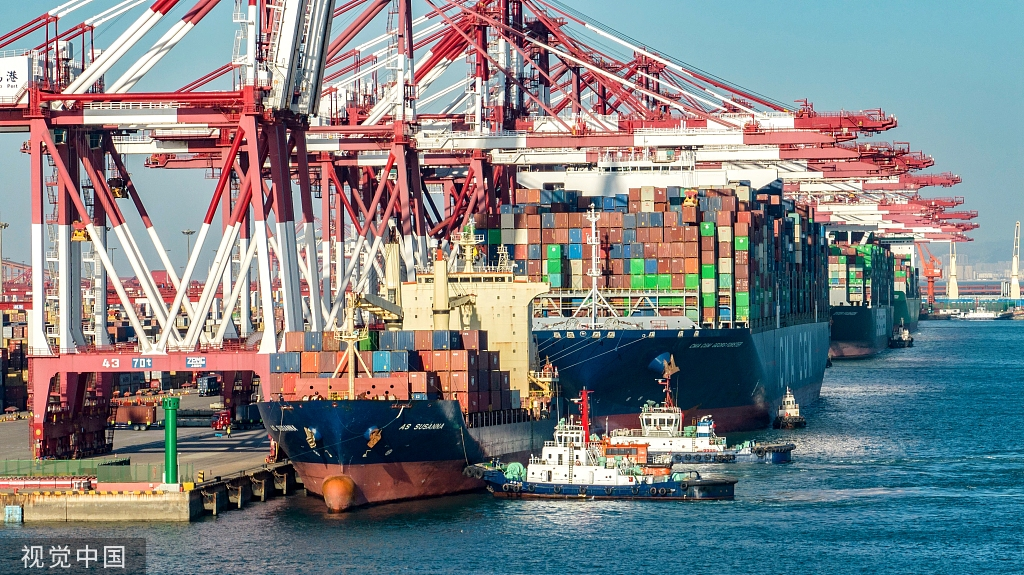China, ASEAN eye more tropical fruits


China and ASEAN will strengthen cooperation in many areas, and explore the great potential for cooperation between Hainan province and ASEAN countries in tropical agriculture, said guest speakers at a sub-forum held on Wednesday during the Boao Forum for Asia Annual Conference 2023.
"The dialogue focuses on China-ASEAN tropical agriculture cooperation, which matches this year's theme," said Xie Jing, vice-governor of Hainan province, while addressing the forum. "The Hainan free trade port has served as a hub between the Chinese mainland and ASEAN, the two most active markets worldwide. Hainan's location also puts it first and foremost when it comes to the China-ASEAN partnership."
The ASEAN-China Summit last year designated 2023 as the Year of Agricultural Development and Food Security Cooperation between China and ASEAN.
ASEAN has become the largest foreign trade partner of Hainan, with trade volume increasing last year by 58 percent year-on-year to 39.5 billion yuan ($5.7 billion), accounting for nearly 20 percent of the total trade in goods of Hainan, data from the province showed.
Zero tariffs, rules of origin and value-added processing policies could be included in both the free trade port and RCEP systems to promote the exchange of goods and production factors between China and ASEAN, and realize deeper integration of regional industrial, supply and value chains, Xie suggested.
China mainly exports niche products or raw materials such as fish, garlic, citrus, apples and condiments to ASEAN, and imports primary agricultural products like fruits, vegetable oils, aquatic products, crops and yams, according to Sui Pengfei, director general of the Department of International Cooperation of the Ministry of Agriculture and Rural Affairs.
"We really need to focus on raising the value level of our trade," he said.
Djauhari Oratmangun, ambassador of the Republic of Indonesia to China, said he heard that durian is being planted in Hainan this year, and people in ASEAN countries love to eat durian, and both sides can take this opportunity to effectively create a consumer market for agricultural products.
"We need to further discuss production and processing standards for tropical fruits and tropical agricultural products," he added.
Qu Sixi, the representative and country director of the United Nations World Food Programme in China, called for China and ASEAN to cooperate more closely and use modern technology to solve the world food problem. He revealed that digital transformation is a priority for the World Food Programme.
"New technologies and data sources can transform agriculture," Qu said. "We are doing everything we can, including relying on metaverse and AI, to build a world without hunger."
"China-ASEAN agricultural cooperation enjoys a solid foundation and broad prospects," said Xie Jianghui, vice-president of Chinese Academy of Tropical Agricultural Sciences.
"Our cooperation mainly focuses on the cultivation of tropical crops, such as China's natural rubber and bananas, and on the cultivation of new varieties, green and efficient cultivation and intensive processing of agricultural products, especially the demonstration and construction of key technology bases," Xie said.
chenbowen@chinadaily.com.cn




































